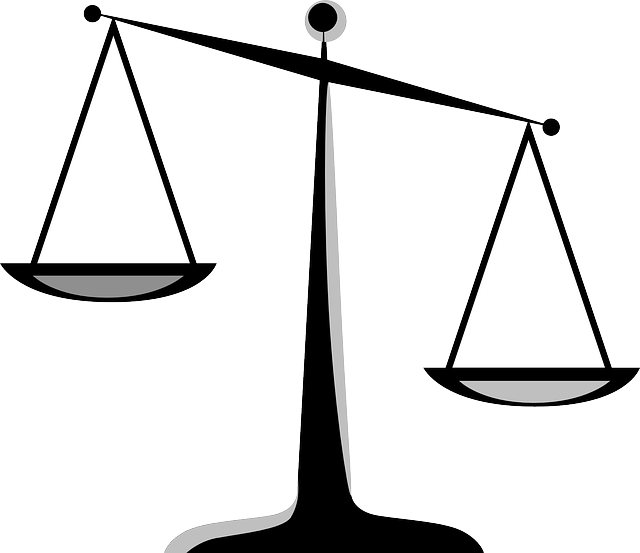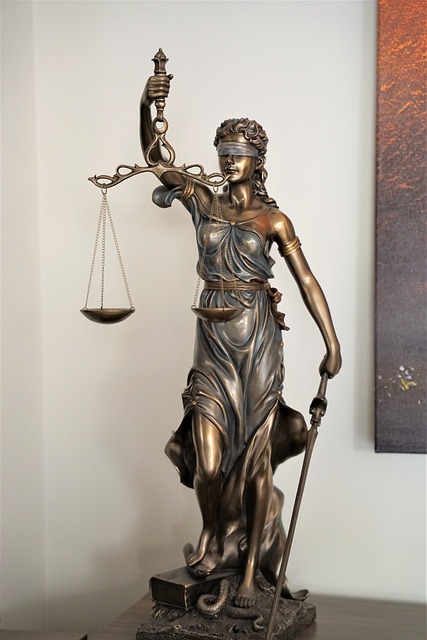Public corruption charges erode trust and destabilize institutions. The Securities and Exchange Commission (SEC) plays a crucial Role of SEC in Securities Law Enforcement, investigating and prosecuting financial market corruption to uphold integrity. Specialized legal strategies are vital for navigating complex defenses, with the SEC employing powers from evidence gathering to regulatory compliance to ensure fair markets and protect investors.
“Uncovering and addressing public corruption charges is a vital aspect of maintaining integrity in governance and financial markets. This article explores the complex landscape of public corruption, focusing on the Securities and Exchange Commission (SEC) and its pivotal role in securities law enforcement. We delve into how the SEC detects and investigates fraud, its regulatory actions to prevent corruption, and notable cases that highlight its impact. Understanding these elements is crucial for comprehending the agency’s role in safeguarding investors and markets.”
- Understanding Public Corruption Charges: Definition and Impact
- The Securities and Exchange Commission (SEC): Its Role and Jurisdiction
- Detecting and Investigating Fraud: SEC's Enforcement Powers
- Preventive Measures: SEC's Regulatory Actions and Disclosures
- Case Studies: Notable SEC Cases Against Corrupt Entities
Understanding Public Corruption Charges: Definition and Impact

Public Corruption Charges refer to illegal acts by public officials or those with significant influence within an organization, often involving misuse of power for personal gain. This can take various forms, such as bribery, fraud, and abuse of public funds, significantly undermining the integrity of governance systems. The impact is far-reaching, eroding public trust, damaging the economy, and destabilizing institutions.
The Securities and Exchange Commission (SEC) plays a pivotal role in Securities Law Enforcement, addressing corruption that may permeate financial markets. By investigating and prosecuting public corruption, the SEC not only upholds market integrity but also sends a strong message to potential wrongdoers. A robust general criminal defense strategy is crucial for those faced with such charges, aiming to achieve extraordinary results by navigating complex legal landscapes and presenting compelling defenses in their respective business contexts.
The Securities and Exchange Commission (SEC): Its Role and Jurisdiction

The Securities and Exchange Commission (SEC) plays a pivotal role in the enforcement of securities laws in the United States. Its primary jurisdiction encompasses protecting investors, maintaining fair, ordered, and efficient markets, and facilitating the formation of capital. The SEC achieves these objectives through its various regulatory and investigative powers.
In terms of white collar defense, the SEC’s involvement begins at the earliest stages of an investigation. Throughout all stages of the investigative and enforcement process, it leverages its expertise in securities law to ensure compliance with regulations. If proven guilty, individuals or entities face potential penalties, including fines and imprisonment. However, a robust defense strategy, often employing legal experts in white collar defense, can lead to the complete dismissal of all charges in certain cases.
Detecting and Investigating Fraud: SEC's Enforcement Powers

The Securities and Exchange Commission (SEC) plays a pivotal role in ensuring the integrity of the nation’s financial markets through its robust securities law enforcement mechanisms. Detecting and investigating fraud is a key aspect of this mandate, as it aims to protect investors and maintain market stability. The SEC leverages its extensive powers to scrutinize corporate activities, financial statements, and disclosures, particularly focusing on potential violations related to public corruption charges.
In the complex landscape of securities regulation, the SEC’s enforcement process involves meticulous investigation at all stages, from gathering preliminary evidence to conducting in-depth analyses. This includes examining internal controls, interviewing witnesses, and reviewing relevant documents. Once a violation is suspected, the SEC has the authority to issue subpoenas, conduct on-site inspections, and gather electronic records, enabling it to build a comprehensive case. The ultimate goal is to secure a complete dismissal of all charges for its clients, ensuring fairness and upholding the rule of law in financial transactions.
Preventive Measures: SEC's Regulatory Actions and Disclosures

The Securities and Exchange Commission (SEC) plays a pivotal role in securities law enforcement, implementing various preventive measures to combat public corruption charges. Through its regulatory actions and disclosure requirements, the SEC aims to foster transparency and accountability in financial markets. One key strategy involves holding individuals and entities accountable for insider trading, fraud, and other illicit activities that manipulate market prices.
By strengthening disclosure rules, the SEC ensures that investors have access to comprehensive and accurate information about companies’ financial health and operations. This proactive approach helps in avoiding indictment by empowering investors with knowledge, enabling them to make informed decisions. Additionally, strict adherence to these regulations can deter business practices that might lead to general criminal defense strategies, thereby promoting ethical conduct in the respective business environment.
Case Studies: Notable SEC Cases Against Corrupt Entities

The Securities and Exchange Commission (SEC) plays a pivotal role in securities law enforcement, specifically targeting public corruption charges. Notable case studies highlight the SEC’s effectiveness in holding corrupt entities accountable. One prominent example involves a major corporation accused of manipulating stock prices through illicit payoffs and insider trading. The SEC’s thorough investigation uncovered a web of deception, leading to significant penalties and reforms. This case demonstrates the agency’s commitment to upholding market integrity by deterring similar misconduct through its robust legal framework.
Another striking instance is the prosecution of high-level executives for fraud and bribery. Here, the SEC not only pursued corporate clients but also held individuals responsible for their actions. By examining all stages of the investigative and enforcement process, the SEC ensures transparency and sends a powerful message that corruption will not be tolerated. This strategic approach, focusing on both corporate and individual clients, reinforces the agency’s dedication to justice in the financial markets.
The Securities and Exchange Commission (SEC) plays a pivotal role in safeguarding financial markets by enforcing securities laws and combating public corruption charges. Through its comprehensive jurisdiction, investigative powers, and regulatory actions, the SEC not only deters fraudulent activities but also fosters transparency and integrity within the financial sector. By studying notable cases and implementing preventive measures, entities can navigate the complex landscape of securities law enforcement, ensuring compliance and mitigating potential risks associated with public corruption. The SEC’s proactive approach in this regard is instrumental in maintaining a fair and robust economic environment for all participants.






